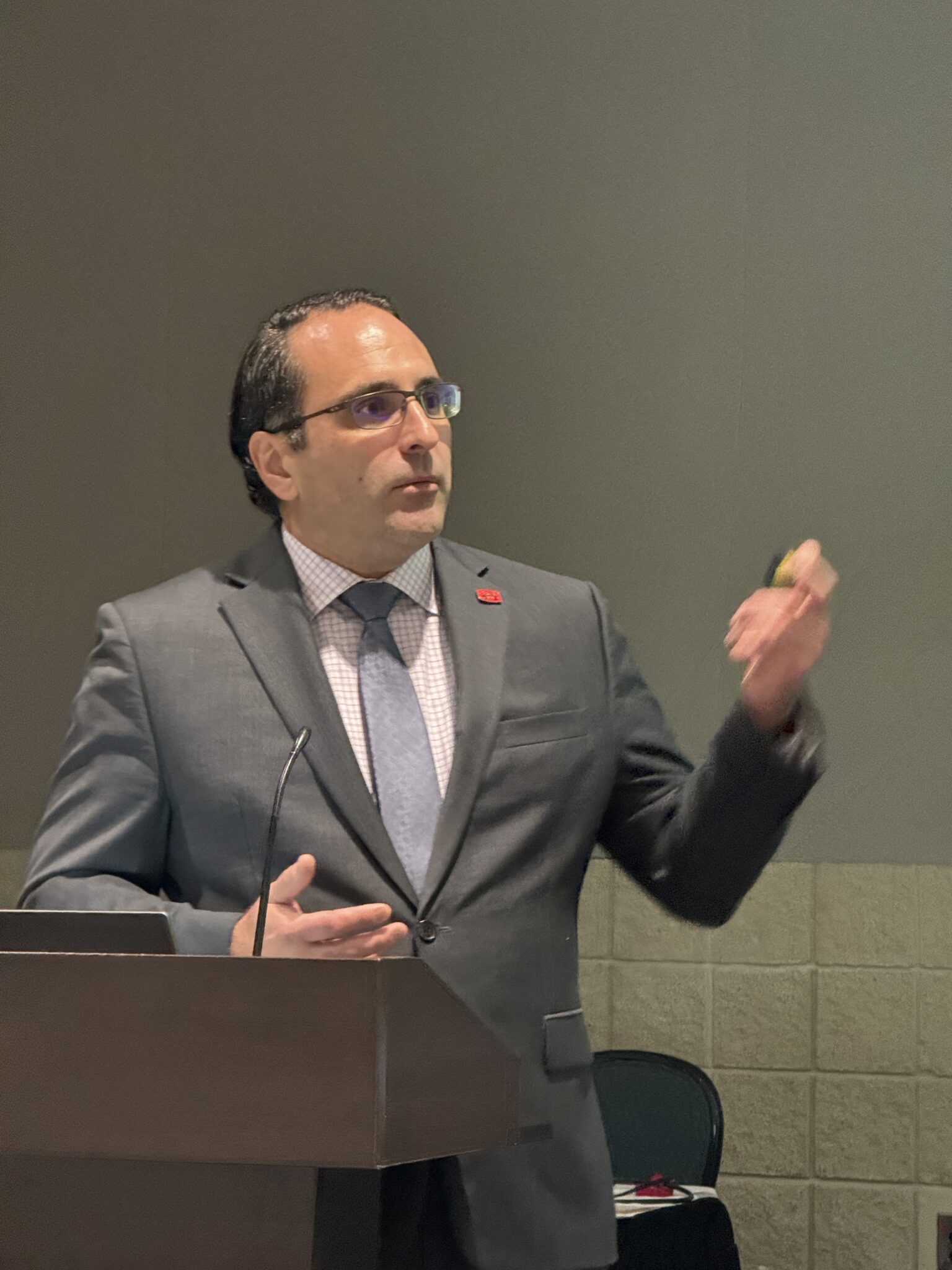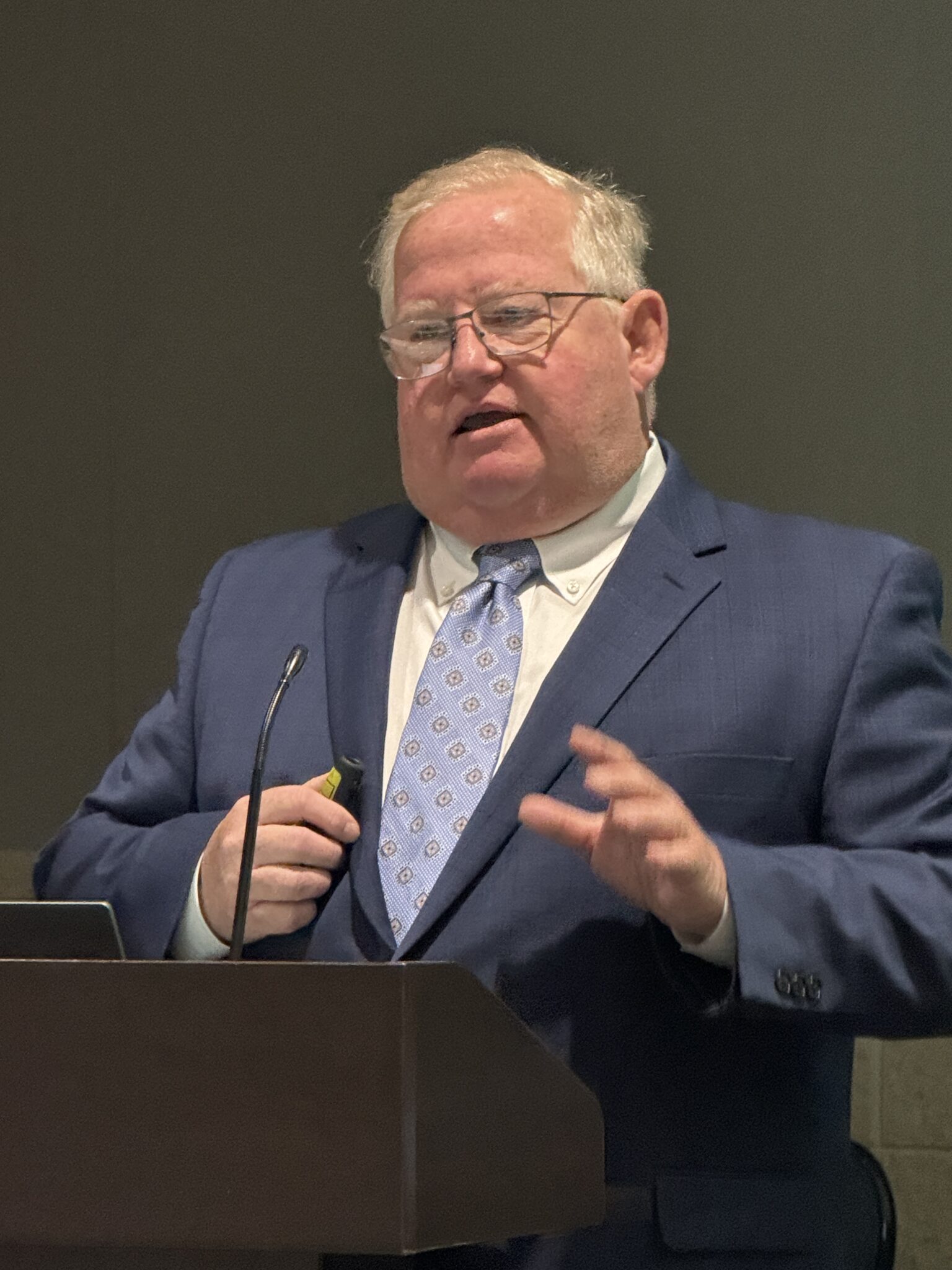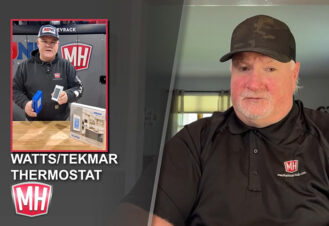Um, yeah. With Trump ready to assume the role of President for his second term, albeit not consecutively, other than the renaming the Gulf of America, how much can we “read the room” as to changes in policies, rhetoric or general feeling moving forward to things that relate to the PHVAC industry? We recently caught with Mark Velentini, VP of Legislative Affairs at the PHCC-National Association, and Charles White, VP Regulatory Affairs at the PHCC-National Association—affectionately known as the “Chuck & Mark Show” by the PHCC—as they have their finger on the pulse of DC.
MH: We can kind of gauge what sort of policies/governance may come out of Trump’s term based on his first term, but how do you think the second time around will affect the plumbing industry in general?

Mark Valentini
VALENTINI: A Republican Congress and administration will bode well on energy policy as PHCC members confront bans and restrictions on natural gas connections and appliances across the country. This will also bode well for tax policy as certain provisions in the Tax Cuts and Jobs Act of 2017 are set to expire which have been beneficial for many contractors, especially when considering Congress revisiting the corporate tax rate and potentially lowering it to 15% down from 21%.
MH: Does a more deregulated government mean more uphill battles for water/energy efficiency?

Charles White
WHITE: I think the previous Trump Administration showed us uphill battles when agencies were directed to create exempt categories like small cycle dishwashers and such. It is likely that the second Trump Administration will take these actions to the next level by moving to rewrite the underlying legislation. Having said that, the efficiency efforts will then move to the progressive states rather than being federal actions, we will probably not see much regression to less efficient standards and the high population states like California and New York will likely drive the industry to higher efficiency products.
MH: Do you think there may be changes to things like the Inflation Reduction Act or Infrastructure Bill or is that pretty much hands off at this point?
VALENTINI: It is rather early to tell, IIJA has been around for some time now and may be hard to change. The IRA has so many parts, that makes it hard to consider in one piece. Tax credits like Section 25c could be pretty safe but the HOMES and HEARS Acts may not be as safe since they represent almost $9 billion.
WHITE: Most of HOMES and HEARS programs have yet to roll out which could make them a prime target but since they have a low- and moderate-income focus, there may be an optics issue to remove those acts. The issues are complicated, but PHCC has been cautiously supportive of the IRA since much of that program flows to plumbing and HVAC contractors.
MH: What is the climate from your constituency? In other words, what are you hearing about this new election cycle—positivity, negativity or a wait and see approach?
VALENTINI: Positivity but also wait and see. PHCC must be vigilant on workforce policy as the new government may reconsider industry-recognized apprenticeships which risk watering-down training by compartmentalizing it into credentialing—contractors need skilled workers with a holistic skillset, not workers who are certified in a handful of specific tasks.
MH: How do interest rates come into play here?
VALENTINI: Lower interest rates bode well for real estate, which in turn bodes well for new construction, service, and remodeling work.
MH: From what I recall, Trump’s 1st term was pro-trades? Do you have any indication this will continue?
WHITE: While President Trump’s first term had support from the trade’s rank and file, the Industry Recognized Apprenticeship Rule received more negative public comments than perhaps any other rule. Those negative comments came overwhelmingly from those same rank and file workers. Polling data throughout the election shows that the President-elect enjoyed substantial support from skilled blue-collar workers, but his future actions must support their jobs in the workforce.
MH: Does anything change on the union front?
VALENTINI: That’s a sensitive question. I would venture to say that Teamsters and other labor groups that withheld endorsements are reading the room when it comes to their rank-and-file.
MH: Please give examples of any changes/addendums/eliminations to specific policies moving forward, if applicable. (i.e. Clean Water Act)
VALENTINI: We can expect to see legislation on tax reform and energy in the new Congress. Tight margins particularly in the House will require all Republicans to be on board to pass anything.
WHITE: It is possible that the new administration will review regulations that are currently in litigation, like the residential gas furnace rule, and perhaps decide to pull back those rules for revisions. This could also affect decisions on whether to appeal adverse court rulings such as the recent ruling against the DOL Overtime Rule.



